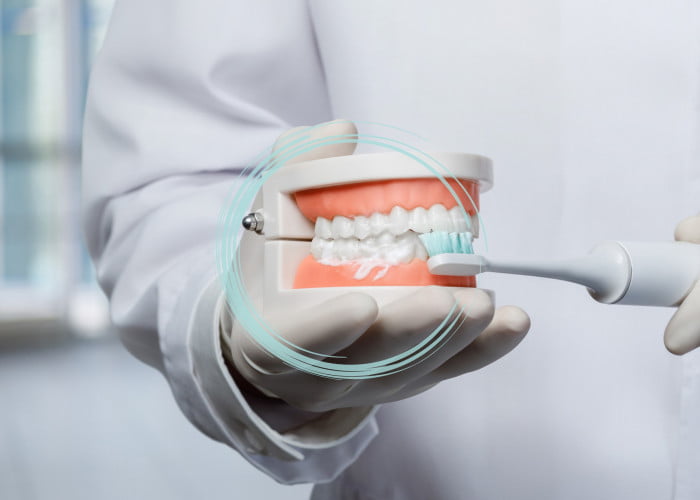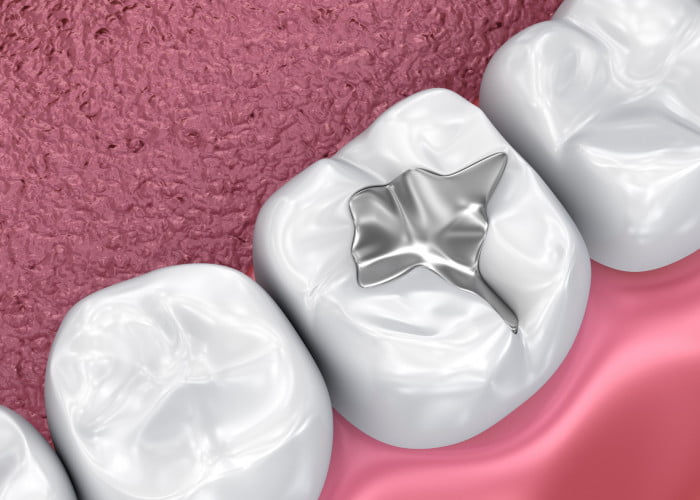How Long Until A Tooth Infection Kills You? A tooth infection can be a serious and potentially life-threatening condition if left untreated. Understanding the timeline of a tooth infection’s life-threatening potential is crucial for prompt diagnosis and treatment. In this article, we will discuss how a tooth infection develops, the signs and symptoms to look out for, and the timeline of how long it takes for a tooth infection to become life-threatening.
Can a Tooth Infection Kill You?
A tooth infection can be a serious and potentially life-threatening condition if left untreated. While it is rare for a tooth infection to directly cause death, it can lead to severe complications that can be fatal. These complications include the spread of infection to other parts of the body, such as the brain or heart, which can cause serious health problems or even death.
How Quickly Could a Tooth Infection Cause Death?
The timeframe for a tooth infection to cause death varies depending on several factors, including the individual’s overall health, the severity of the infection, and the promptness of treatment. In some cases, the infection can progress rapidly, leading to serious complications within a matter of days or weeks.
How Long Does It Take for an Abscess to Develop?
An abscess is a painful and potentially serious condition that can develop in different parts of the body, including the teeth and gums. The timeline for how long it takes for an abscess to develop can vary depending on several factors, such as the cause of the abscess and the individual’s overall health. In general, an abscess can develop within a few days or weeks of an infection or injury to the affected area.
See more: How much does a tooth bridge cost?
What Happens Once an Abscess Develops?
Once an abscess forms, the infection can spread to surrounding tissues and potentially enter the bloodstream. From there, it can travel to vital organs and cause systemic complications.Common symptoms of an abscess include pain, swelling, redness, and warmth in the affected area, as well as fever and general malaise.
What Risk Factors Can Lead to Complications from an Abscess?
Certain risk factors can increase the likelihood of complications from a tooth abscess. These include a weakened immune system, poor oral hygiene, uncontrolled diabetes, and underlying medical conditions such as heart disease or autoimmune disorders.
Symptoms of a Tooth Infection Spreading to the Body
When a tooth infection spreads beyond the tooth and into the body, various symptoms may arise. These can include:
- Feeling Unwell: Generalized malaise, fatigue, and a sense of overall illness.
- Swelling: Swelling of the face, jaw, or neck region.
- Increased Heart and Breathing Rate: Rapid heartbeat and breathing due to systemic infection.
- Dehydration and Stomach Pain: In severe cases, dehydration and abdominal discomfort may occur.
When Should I Go to the Hospital for a Tooth Infection?
This is an important question. Going to the hospital to treat a tooth infection depends on the severity of your condition. If you have symptoms such as toothache, swelling, headache, fever, or difficulty swallowing, you should go to the hospital immediately. If your symptoms are not severe, you can wait and contact your dentist for advice.
How Is a Tooth Infection Treated?
Treating a tooth infection typically involves draining the abscess, removing the source of the infection (such as a decayed tooth or dental pulp), and administering antibiotics to control the infection. In some cases, a root canal procedure or tooth extraction may be necessary.
How to Prevent Tooth Infections
Prevention is key to avoiding tooth infections. Here are some essential preventive measures.
Practice Proper Oral Hygiene
Proper oral hygiene habits are the best way to prevent tooth infections. Make sure you’re brushing at least twice a day and using toothpicks to clean between your teeth. Choose a toothpaste that contains fluoride to help protect tooth enamel and prevent tooth decay.
-

Practice Proper Oral Hygiene
Routine Check-Ups
Regular dental visits are the best way to detect and treat dental problems before they become more serious. Make an appointment with your dentist at least twice a year.
-

Routine Check-Ups
Swap Out Sweets
Eating too much sugar can cause tooth decay and other dental problems. Try to minimize the amount of sugar in your diet by replacing sugary foods with healthy foods like green vegetables, fresh fruit and beans.
See more: The Dental Implant Healing Stages
-

Swap Out Sweets
Consider Dental Sealants
A protective coating called dental sealant can help protect your enamel from tooth decay and infection. Ask your dentist about tooth polishing and see if it’s right for you.
-

Consider Dental Sealants
Get Care for Your Tooth Infection With Dentist For Life – Dentist in Marysville
If you’re experiencing symptoms of a tooth infection or need professional dental care, Dentist For Life in Marysville is here to help. Our experienced team provides comprehensive dental services, including infection treatment, preventive care, and oral hygiene guidance. Contact us today to schedule an appointment and ensure the health of your teeth and gums.



